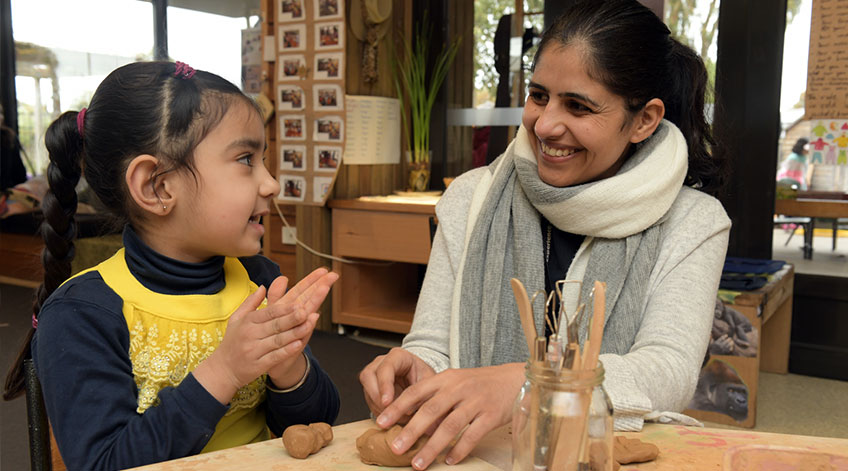Latest news
View all
About VIT
The Victorian Institute of Teaching (VIT) is an independent statutory authority for the teaching profession, whose primary function is to regulate members of the teaching profession.
Your career as a teacher is just around the corner. You don't need to wait until you have graduated - apply for VIT registration today.
Read moreUnderstand the importance of teacher registration and your regulatory obligations as an employer.
Register nowThe VIT offers a range of mentoring programs for experienced registered teachers and seminars for provisionally registered teachers.
Read more
The Victorian Institute of Teaching (VIT) is an independent statutory authority for the teaching profession, whose primary function is to regulate members of the teaching profession.